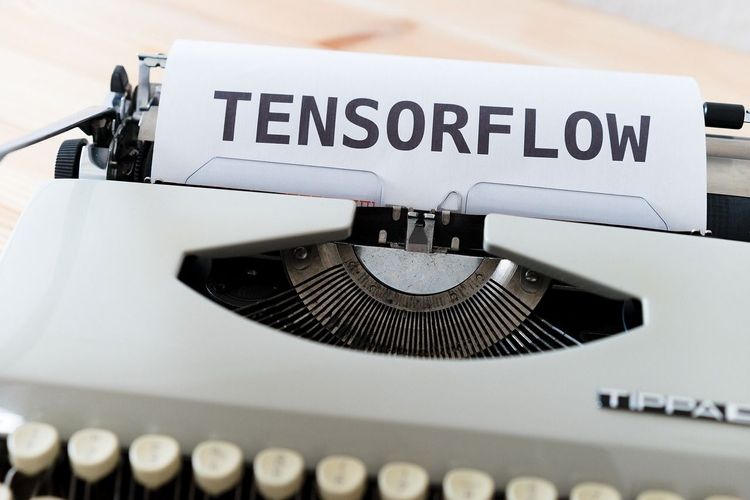The U.S. Department of Justice (DOJ) has initiated a groundbreaking project known as Justice AI, aiming to gather insights on how artificial intelligence (AI) can enhance law enforcement capabilities. Deputy Attorney General Lisa Monaco introduced this initiative during her speech at the University of Oxford. Over the next six months, Justice AI will engage experts from civil society, academia, and the technology industry to explore the implications of AI on the DOJ’s functions.
The findings generated through Justice AI will contribute to an important report for President Joe Biden, focusing on the intersection of AI and the criminal justice system. The overarching objective of this initiative is to "accelerate AI’s potential for good while guarding against its risks," as articulated by Monaco. She emphasized the DOJ’s commitment to ensuring that forthcoming AI advancements comply with legal standards and reflect societal values.
Currently, the DOJ is already utilizing AI in various enforcement activities. Monaco highlighted several use cases, such as the classification and tracing of drug sources and managing public tips submitted to the FBI, which serves as the DOJ’s main investigative division. Moreover, AI tools are playing a critical role in analyzing massive amounts of evidence, including cases related to significant events like the January 6 Capitol riots.
Monaco acknowledged AI's potential to be "indispensable" in identifying and deterring criminal activity. However, she cautioned about its misuse. AI technology presents risks, particularly when it arms nation-states with capabilities that could facilitate digital authoritarianism and the spread of misinformation. Additionally, criminals may exploit AI to enhance their activities, complicating law enforcement efforts.
Justice AI is part of a broader strategy by the DOJ to incorporate AI responsibly. Recently, the DOJ appointed its first Chief AI Officer, Jonathan Mayer, who brings expertise as an assistant professor in the Department of Computer Science and the School of Public and International Affairs at Princeton University. Mayer, who holds a Ph.D. in computer science from Stanford University and has also graduated from Stanford Law School, will provide strategic guidance to the attorney general and DOJ leadership regarding AI and cybersecurity. His previous experience includes advising Vice President Kamala Harris on technology policy during her tenure as a senator.
This appointment coincides with the DOJ's establishment of the Disruptive Technology Strike Force, which aims to protect advanced technologies from unlawful acquisition by foreign adversaries. One year following its formation, the Strike Force has successfully charged 14 cases involving violations related to sanctions and export controls, as well as the unauthorized transfer of sensitive information and military technology to countries such as Russia, China, and Iran. Notable cases include attempts to procure semiconductor components for the Russian military and source code from Apple for a Chinese entity.
To effectively mitigate threats from adversaries, Monaco asserted the need for authorities to focus on AI, ensuring its application does not compromise U.S. national security. The Justice AI initiative signifies a proactive step towards leveraging AI within law enforcement while addressing its associated challenges, thereby shaping a balanced approach to technology in the service of justice.







